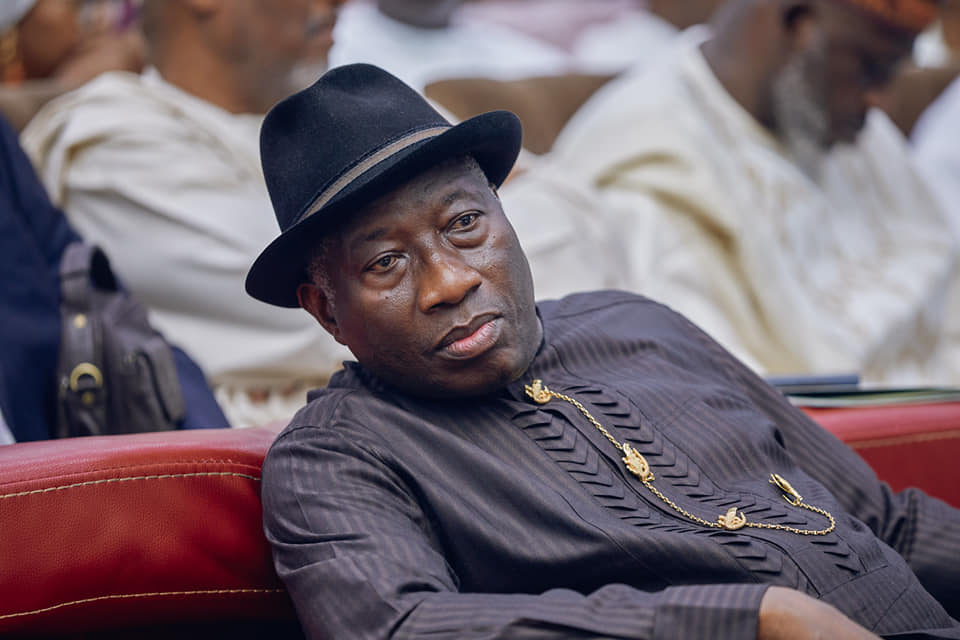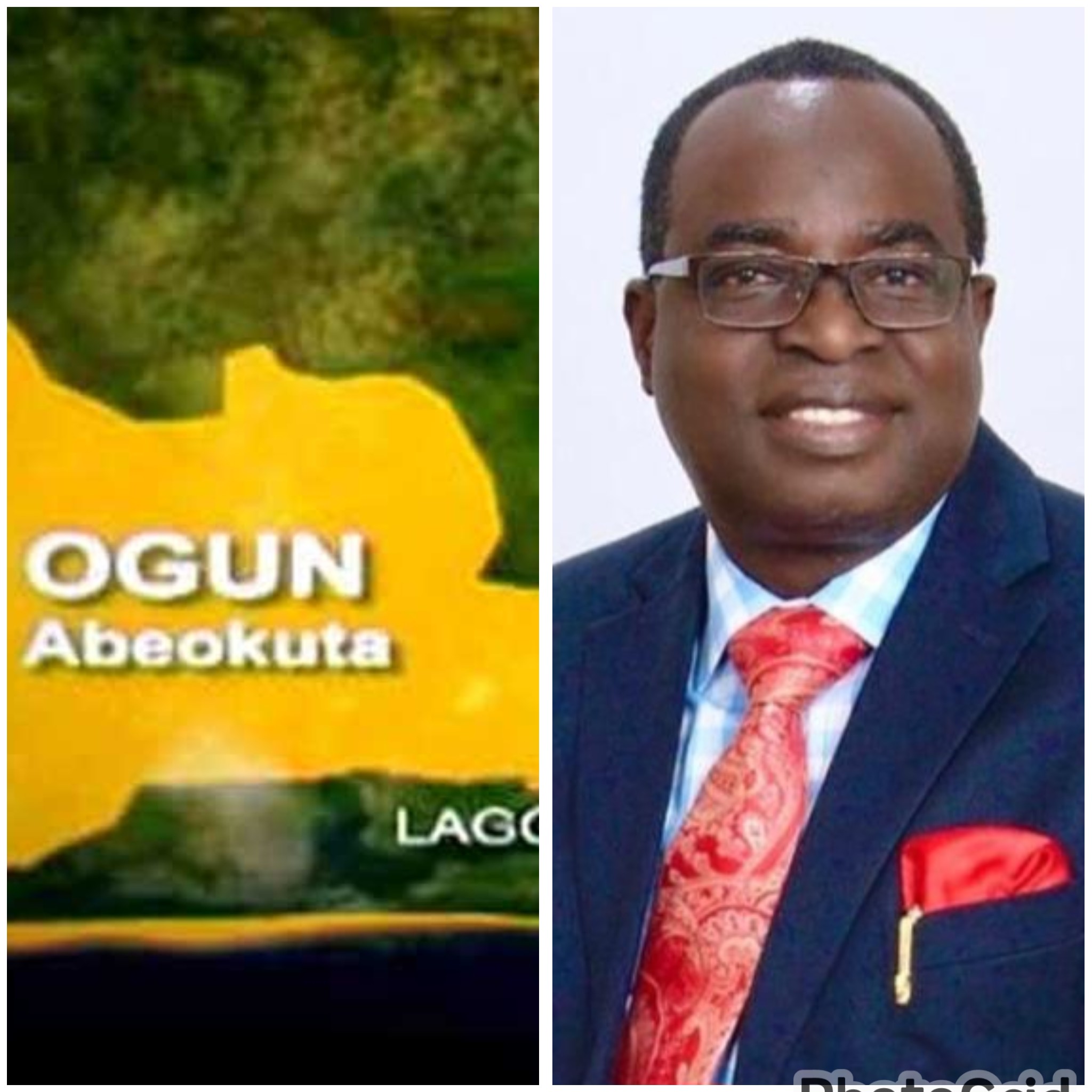By Kayode Oladele
“Section 137(3) of the 1999 Constitution, inserted by the Fourth Alteration Act, caps any successor who finishes another president’s term at one further election leaving the former president ineligible for another run.”
Few questions in Nigeria’s contemporary constitutional discourse have stirred as much public curiosity as the recurring speculation about whether former President Goodluck Ebele Jonathan can again contest for the nation’s highest office. Every election cycle seems to revive the debate, fuelled by the nostalgia of his supporters and the intrigue of political strategists. Yet the law is unambiguous: Jonathan is constitutionally ineligible to return to the ballot. The answer lies not in political sentiment but in the text and logic of the 1999 Constitution of the Federal Republic of Nigeria, particularly section 137(3), inserted by the Fourth Alteration No 16 Act 2018.
When Nigeria returned to constitutional democracy in 1999 after years of military rule, the new basic law adopted a familiar republican safeguard: no one may be elected president more than two times. This ceiling, originally in section 137(1)(b) was designed to protect the rotation of leadership and limit incumbency advantage, echoing similar traditions in other presidential democracies. Yet the original drafters overlooked a special contingency: what if a sitting vice-president inherits the presidency mid-term; say, through the death or removal of an incumbent and then seeks two further full terms of his own? In such a case the individual’s cumulative tenure could exceed the intended eight-year limit, potentially stretching to ten or even eleven years. The omission was not merely theoretical; it became a pressing constitutional reality during the Yar’Adua/Jonathan transition.
In May 2010, the nation was thrust into uncharted territory when President Umaru Musa Yar’Adua died in office. By the combined operation of the “doctrine of necessity” invoked by the National Assembly and the constitutional line of succession, Vice-President Jonathan was sworn in as president on 6 May 2010 to complete the remainder of the 2007–2011 electoral mandate.
He held that office for roughly a year before contesting and winning the 2011 presidential election in his own right. From 2011 to 2015, therefore, Jonathan served a full four-year term as an elected president after having already spent about one year as Yar Ardua successor. This two-stage tenure: completion of another person’s mandate followed by one elected term would later prove decisive.
In 2018, three years after Jonathan left office, the National Assembly, acting to close the constitutional gap exposed by his succession, passed the Fourth Alteration No 16 Act. That legislation introduced section 137(3), which now provides:
“A person who was sworn-in to complete the term for which another person was elected as President shall not be elected to such office for more than one single term.”
The purpose of this amendment was unmistakable: to prevent a scenario where a successor could serve nearly a decade in power, thereby upsetting the two-term equilibrium that underpins Nigeria’s presidential system. In effect, the new clause preserved the eight-year tradition of maximum service even for those who assume office mid-stream.
Applied to Jonathan’s own record, the consequence is straightforward. By completing Yar’Adua’s unexpired tenure in 2010–2011, Jonathan fell within the class of persons targeted by section 137(3). His victory in the 2011 election constituted the single permissible elected term available to any such successor. As a result, Jonathan has already exhausted the only election he was allowed to contest after his initial succession. Any future attempt to run for president would therefore violate the Constitution and would be subject to disqualification by the Independent National Electoral Commission (INEC) or nullification by the courts if challenged.
While the Supreme Court has not yet ruled on Jonathan’s post-2018 eligibility, its jurisprudence supports a strict construction of term-limit clauses. In Peoples Democratic Party v. Sylva (2012) 13 NWLR (Pt 1316) 85, the Court, interpreting the governorship provision in section 180, stressed that constitutional term limits are structural safeguards that cannot be circumvented by technicalities. The decision affirms the principle that no one may hold executive power beyond what the Constitution clearly allows. It is a principle that underpins the stability and predictability of Nigeria’s democratic order.
Some argue that because Jonathan’s succession as president preceded the 2018 amendment, applying section 137(3) to bar him now amounts to retroactive legislation. This contention fails to appreciate the distinction between retrospective punishment which the Constitution forbids and the prospective regulation of eligibility for future office. Section 137(3) does not invalidate Jonathan’s previous tenure; it merely establishes the conditions for future candidacy. Courts generally recognise that the legislature may change qualifications for elective office provided the new rule operates prospectively, as is the case here.
The policy rationale for section 137(3) is compelling. First, it promotes equity of rotation, ensuring that extraordinary succession does not distort the regular alternation of power envisaged by the two-term principle. Second, it fosters democratic renewal by preventing the over-concentration of power in one individual and by levelling the playing field for political competition. These goals are particularly significant in Nigeria’s multi-ethnic federation, where extended incumbency often provokes grievances of exclusion and deepens political tension.
Nigeria’s 2018 reform aligns the country with established international practice. A close parallel can be found in section 1 of the Twenty-Second Amendment to the United States Constitution, ratified in 1951 in the aftermath of Franklin D. Roosevelt’s unprecedented four electoral victories. The American provision states:
“No person shall be elected to the office of the President more than twice, and no person who has held the office of President, or acted as President, for more than two years of a term to which some other person was elected President shall be elected to the office of the President more than once.”
The resemblance is striking: both constitutions cap the total years of presidential service at roughly eight years for a mid-term successor. By adopting this approach, Nigeria joined other presidential democracies in upholding a core republican ideal that executive authority is a temporary trust, not a permanent possession.
For Jonathan, the implications are clear and conclusive. Having been sworn in to complete Yar’Adua’s unfinished term and subsequently elected once, he has reached the constitutional limit. Section 137(3) bars any further candidacy. Any political party nominating him risks wasting its ticket, courting disqualification by INEC, and plunging into protracted litigation that could derail its electoral fortunes.
The continuing public speculation over Jonathan’s eligibility is therefore more political theatre than legal debate. The Constitution’s text, supported by judicial principle and legislative intent, has settled the matter. Indeed, enforcing the term-limit regime is not simply a technical legalism; it is an affirmation of Nigeria’s democratic maturity. It signals that no individual, however popular or historic, stands above the rules that guarantee orderly leadership transition.
Ultimately, the 2018 amendment underscores a vital democratic message: power must change hands at predictable intervals. Nigeria’s experience demonstrates that term-limit clauses are not ornamental; they are structural guardrails protecting the federation from the destabilising effects of indefinite incumbency. By entrenching those limits and applying them even to figures of national stature such as Jonathan, the Constitution affirms that the presidency remains a temporary public trust; one that must periodically return to the people for renewal.
In conclusion, Jonathan’s road back to the presidential ballot is constitutionally closed. This closure is neither punitive nor personal; it is the inevitable outcome of a legal framework designed to preserve the two-term tradition. The Fourth Alteration of 2018 harmonised Nigeria’s succession rules with global democratic standards, ensuring that no occupant, elected or accidental, may extend his tenure beyond the intended eight years. As the nation looks ahead to future elections, fidelity to this provision will strengthen the credibility of Nigeria’s democratic institutions and reassure citizens that the rules of leadership rotation remain clear, predictable and immune to the shifting winds of political expediency.
Hon. Kayode Oladele is an international lawyer and Acting Chairman FCC.




